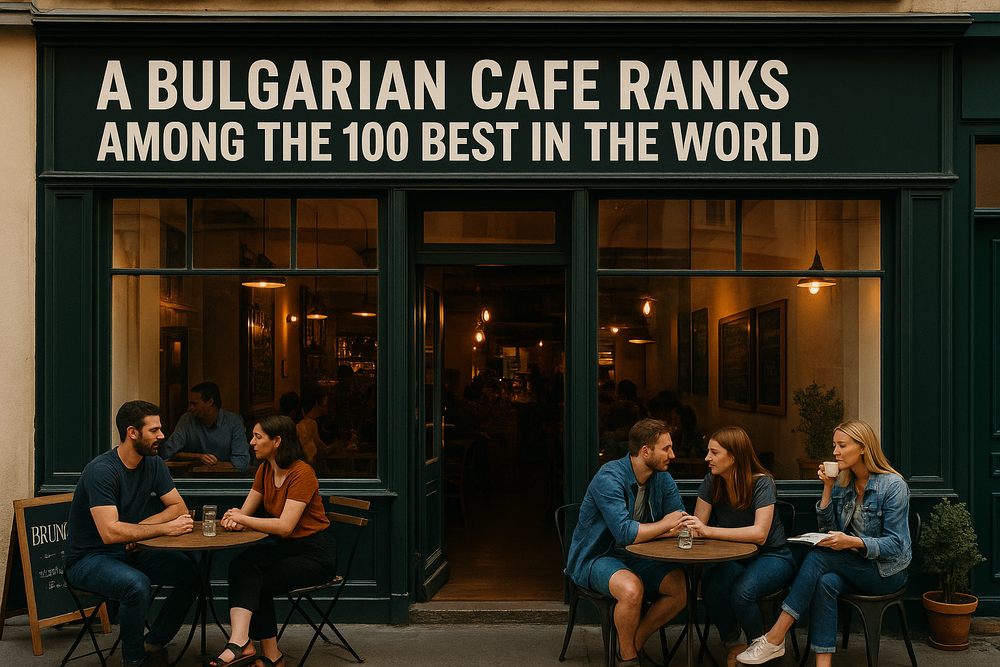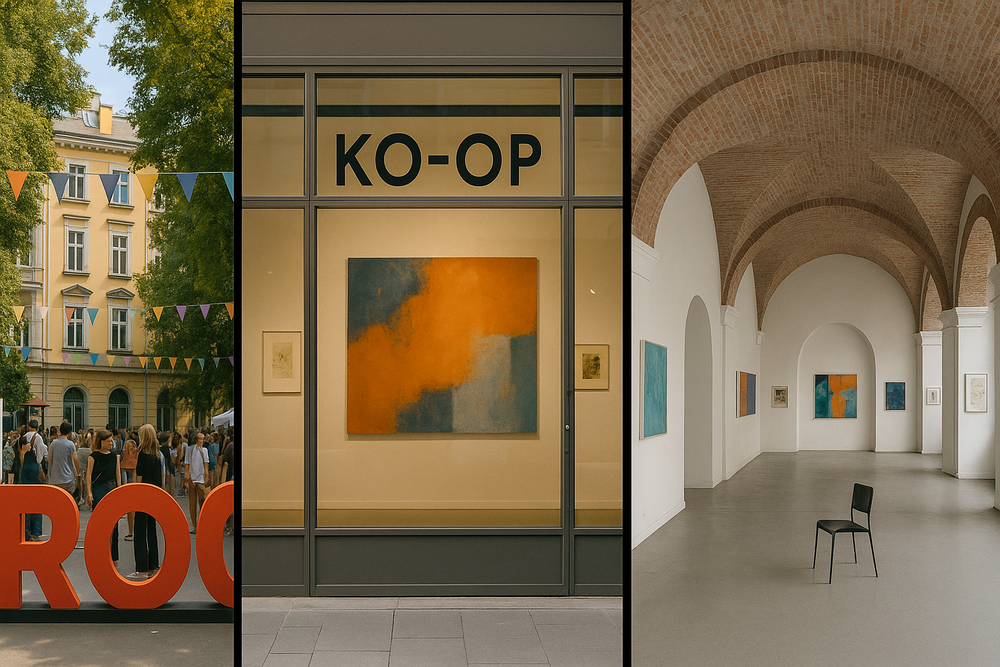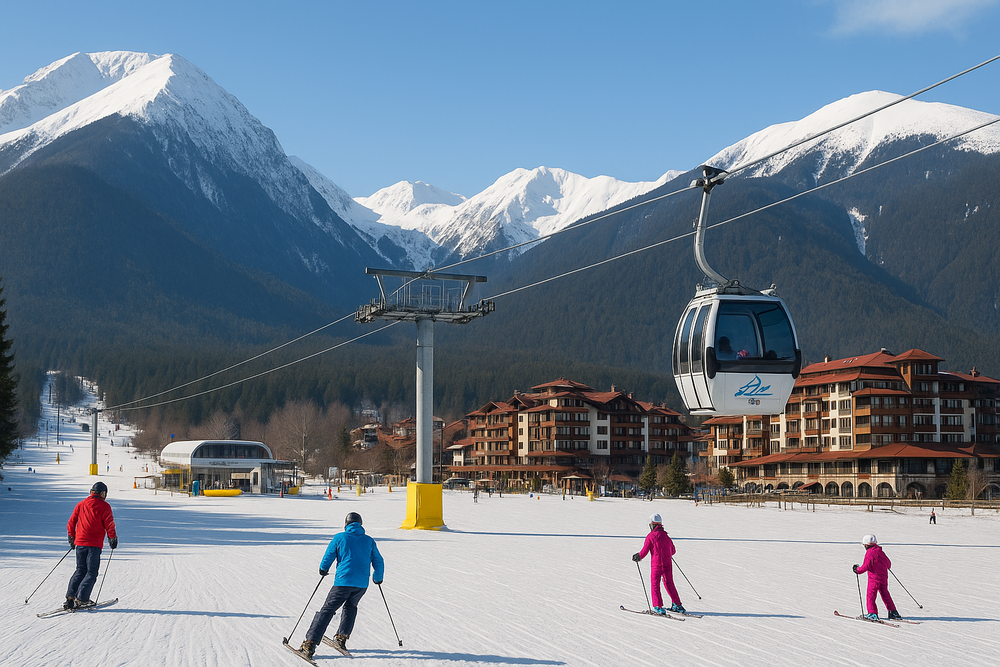
Digital Nomads in Sofia: Why Remote Workers Flock to Bulgaria
In recent years, Bulgaria—particularly its capital Sofia—has quietly emerged as one of Europe’s best-kept secrets for digital nomads. With fast Wi-Fi, a low cost of living, and a growing network of co-working hubs, the country is attracting remote workers, tech freelancers, and creative entrepreneurs from around the globe.
A Budget-Friendly Base in Europe
One of the biggest draws? Affordability. Sofia offers the charm of a European capital without the eye-watering prices of cities like Paris or Amsterdam. A furnished one-bedroom apartment in the city center rents for €500 or less, and an entire week’s worth of groceries can cost under €50.
“Back in London, I was spending more on rent than I do here for everything combined,” says Alex, a web developer from the UK who’s been working remotely from Sofia for over a year. “The money I save goes toward travel and personal projects.”
Cafés and Co-working Culture
Sofia and Plovdiv both boast a thriving co-working scene. Spaces like Betahaus, Soho, and Campus X offer not only high-speed internet and ergonomic desks but also a strong sense of community. Many host weekly meetups, pitch nights, or themed brunches.
In addition, a growing café culture provides countless laptop-friendly spots. From the artsy vibe at Peroto to minimalist brewhouses like Drekka, digital workers can enjoy third-wave coffee while ticking off their to-do lists.
“I love working from cafés here,” says Marie, a UX designer from France. “The atmosphere is relaxed, the coffee is amazing, and the staff are used to people staying for hours.”
Community and Connectivity
Bulgaria’s digital nomad population is growing steadily. Facebook groups like “Digital Nomads Bulgaria” or “Expats in Sofia & Friends” offer advice, social events, and housing tips. In summer, beach towns like Bansko and Varna become hotspots for location-independent professionals.
Sofia, meanwhile, has a multicultural yet approachable vibe. “It feels big enough to explore, but small enough to make real connections,” says Diego, a software engineer from Argentina. “Within a month, I had local friends and a routine.”
Visa Perks and Residency Options
For EU citizens, relocating to Bulgaria is straightforward. Non-EU citizens benefit from relatively relaxed visa requirements compared to Western Europe. Some opt for Bulgaria’s long-term D visa, while others set up local businesses through residence programs designed for freelancers or entrepreneurs.
Another draw? The flat 10% income tax, one of the lowest in the EU. “As a self-employed nomad, Bulgaria is super attractive financially,” says Nicole, an American copywriter who registered her business locally.
Challenges to Consider
That said, it’s not all smooth sailing. Language can be a barrier, especially outside urban centers. While most younger Bulgarians speak English, paperwork and government services often don’t. Healthcare is affordable but uneven in quality. And winters, especially in the mountains, can be long and chilly.
But for those looking for value, culture, and flexibility, Bulgaria continues to rise on the digital nomad radar.
“It’s not just about saving money,” says Alex. “It’s about living well without breaking the bank—and having the freedom to build the life you want.”





